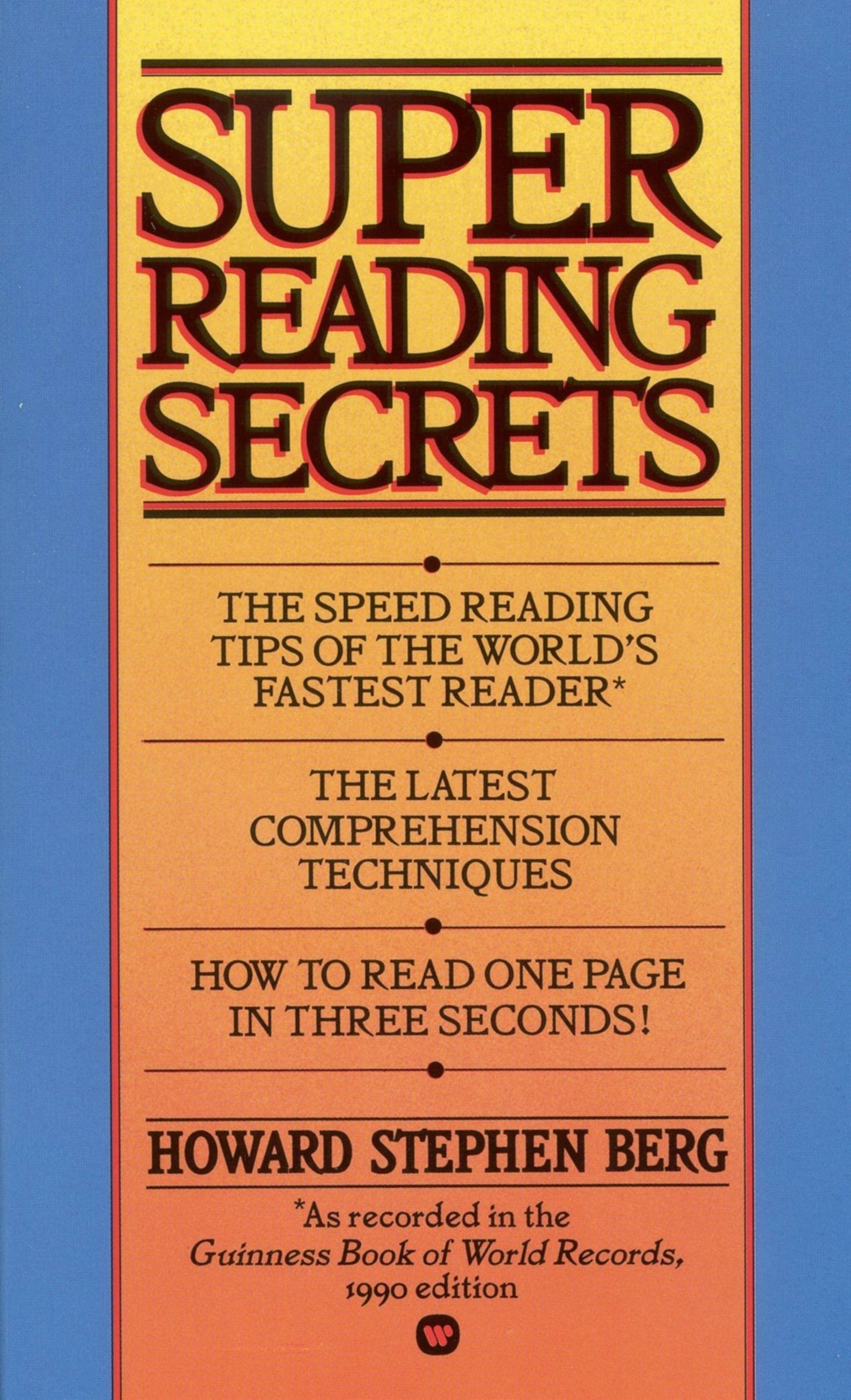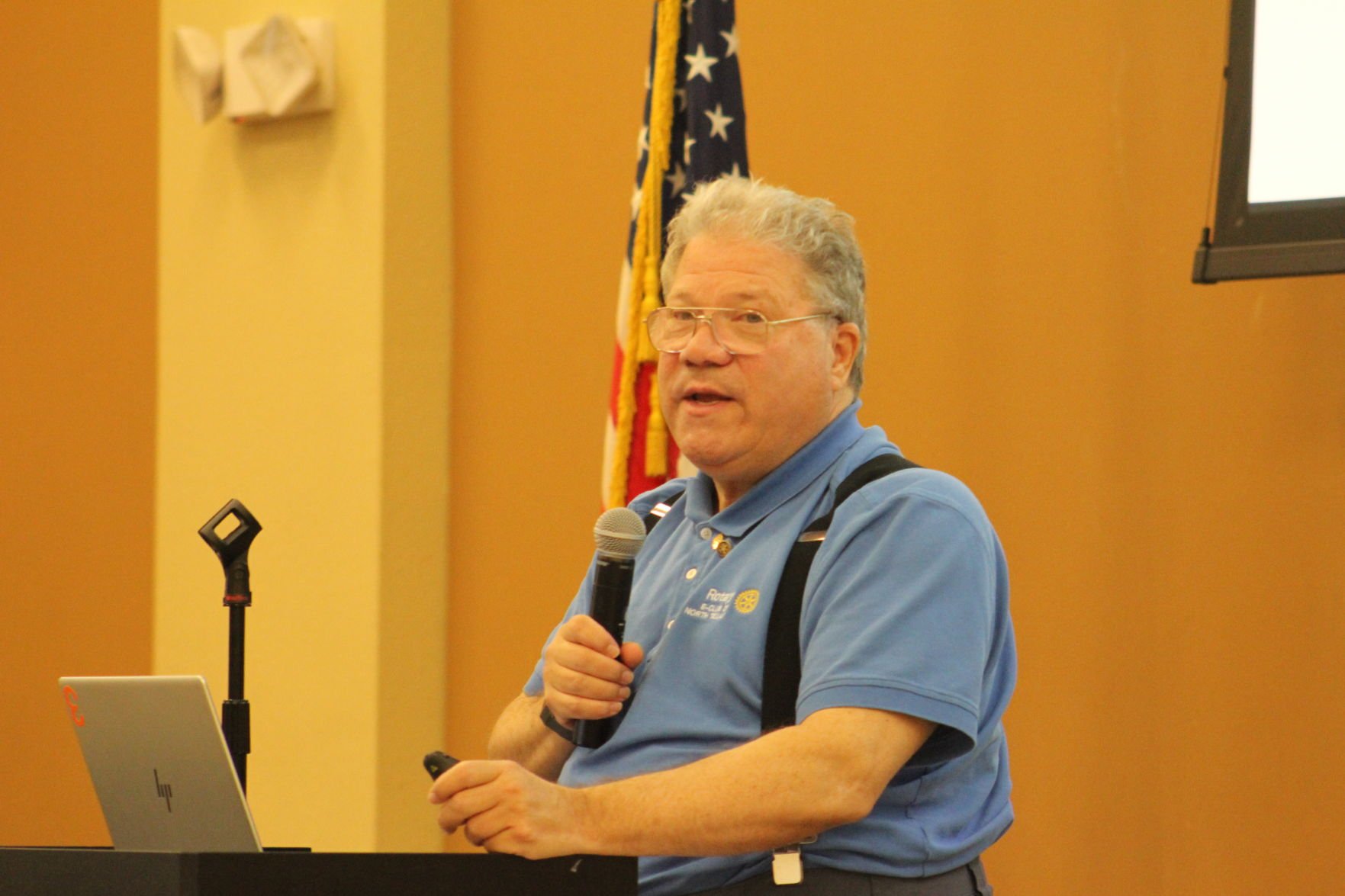
Out of 30,000 books, here are 3 that had a huge impact on Howard’s life The importance of knowing when to read faster & when to read slower How to analyze the outside of a book to quickly understand what it’s about How to improve your reading comprehension Speed reading tip #5: Know when to speed read Speed reading tip #4: Avoid regression, progression, and distraction Speed reading tip #2: Reduce vocalization Temporarily losing comprehension while learning speed reading is normal Speed reading tip #1: Determine schema How Howard developed a love for reading

In our conversation, Howard shares advice on how to read faster, bad habits that are slowing down your reading speed, how to take notes while reading, how to remember more of what you’ve read, and much more. Howard holds the Guinness record for being the world’s fastest reader, reading at 80 pages per minute. My guest today is Howard Berg, the author of Super Reading Secrets. He was elected a Fellow of the American Academy of Arts and Sciences in 1985 and a Fellow of the American Physical Society in 1990 ( "for the elucidation of complex biological phenomena, particularly chemotaxis and bacterial locomotion, through simple but penetrating physical theories and brilliant experiments") īerg was a member of the National Academy of Sciences and the American Philosophical Society.Learn more about Howard’s speed reading program at /a/alexbooks. With Edward Purcell, Berg received the Max Delbrück Prize in Biological Physics from the American Physical Society in 1984 for work on the physical limits of bacterial chemoreception. Press, Princeton, NJ, 1983) about the biological applications of diffusion. He is author of the influential book Random Walks in Biology (Princeton Univ. He later taught at the University of Colorado and Caltech. While at Harvard, Berg was a junior fellow in the Society of Fellows. in chemical physics from Harvard, with a dissertation on the hydrogen maser directed by Norman Ramsey.


Berg studied as an undergraduate at the California Institute of Technology and in 1964 earned a Ph.D.


 0 kommentar(er)
0 kommentar(er)
